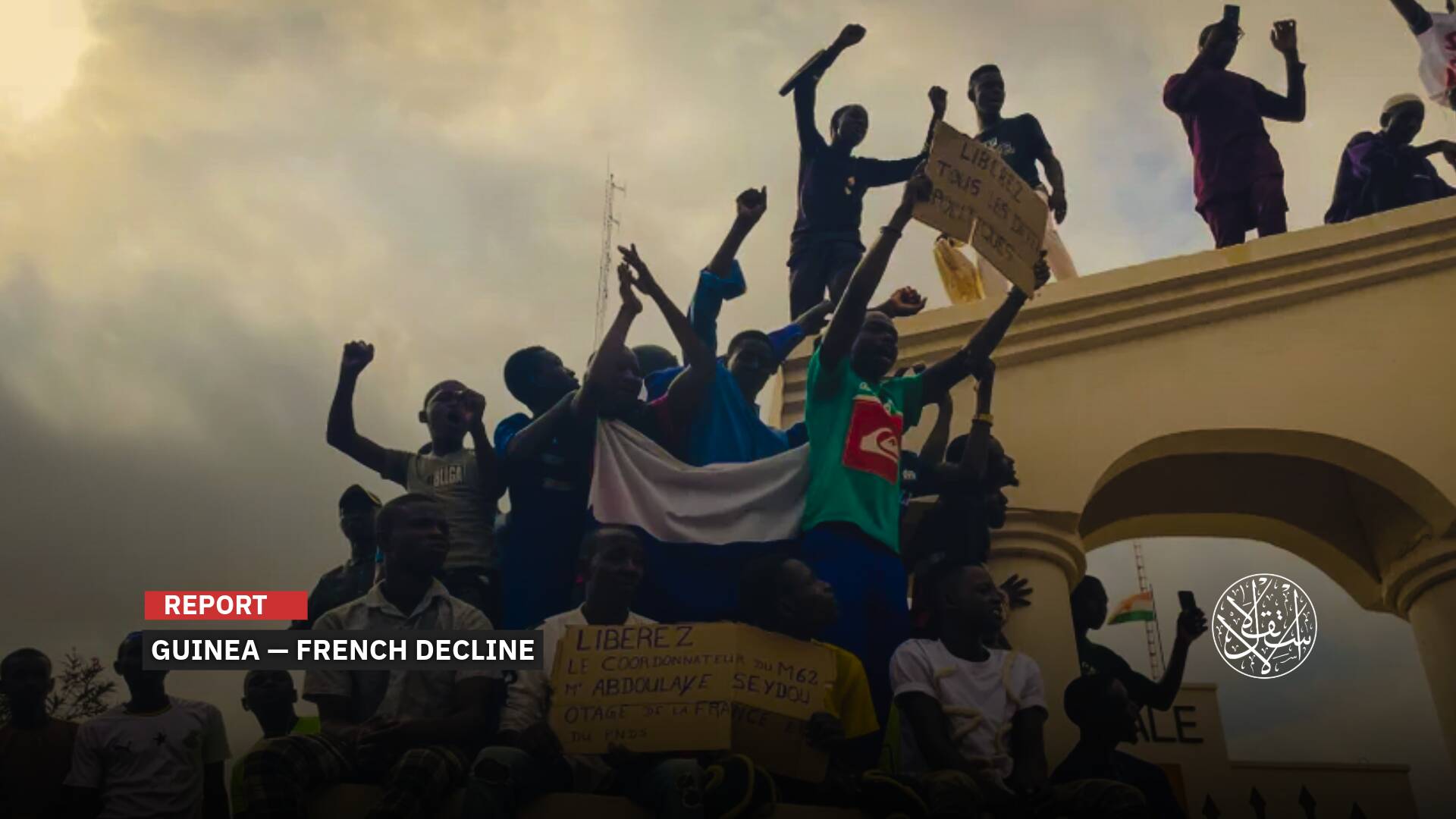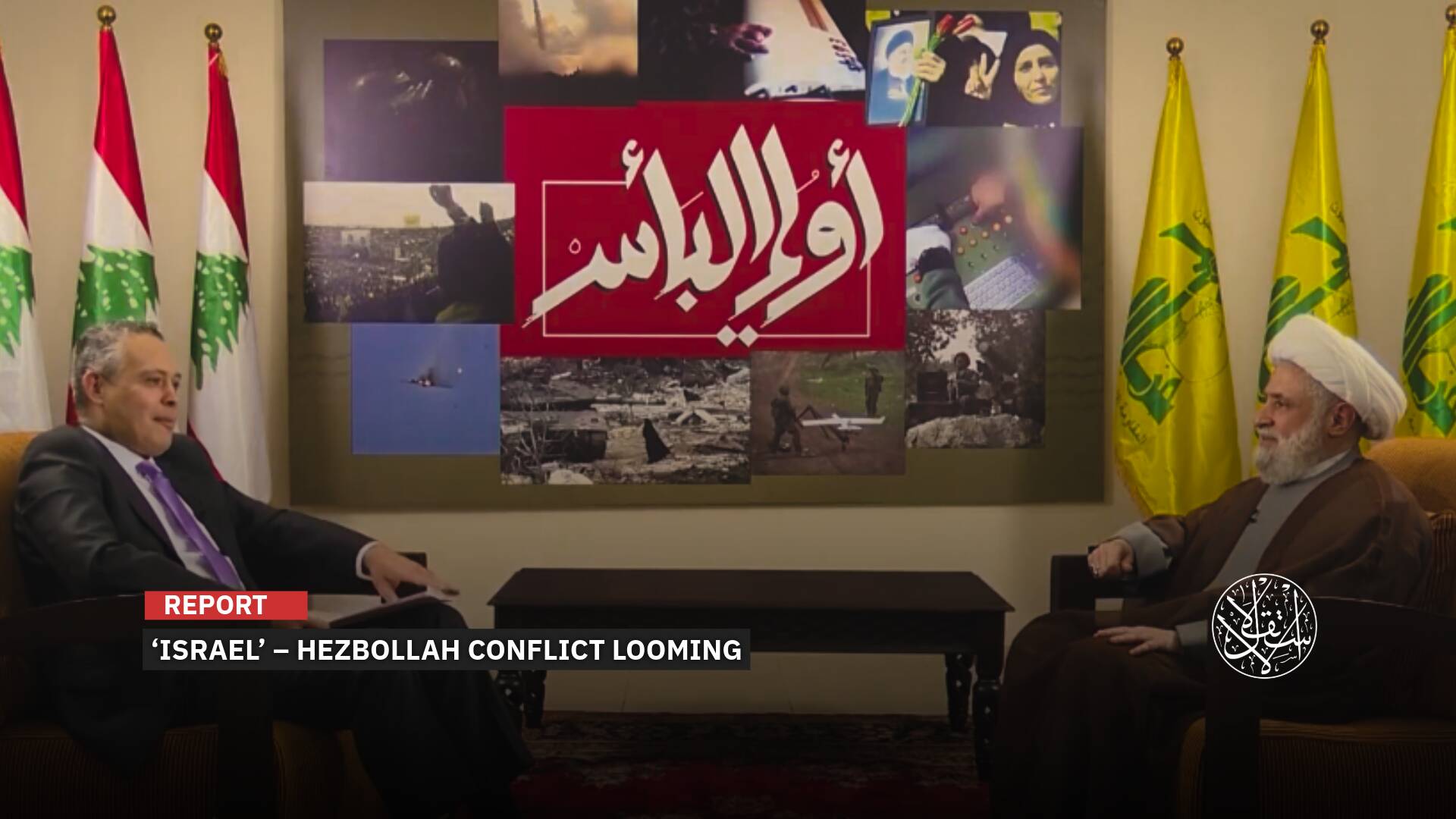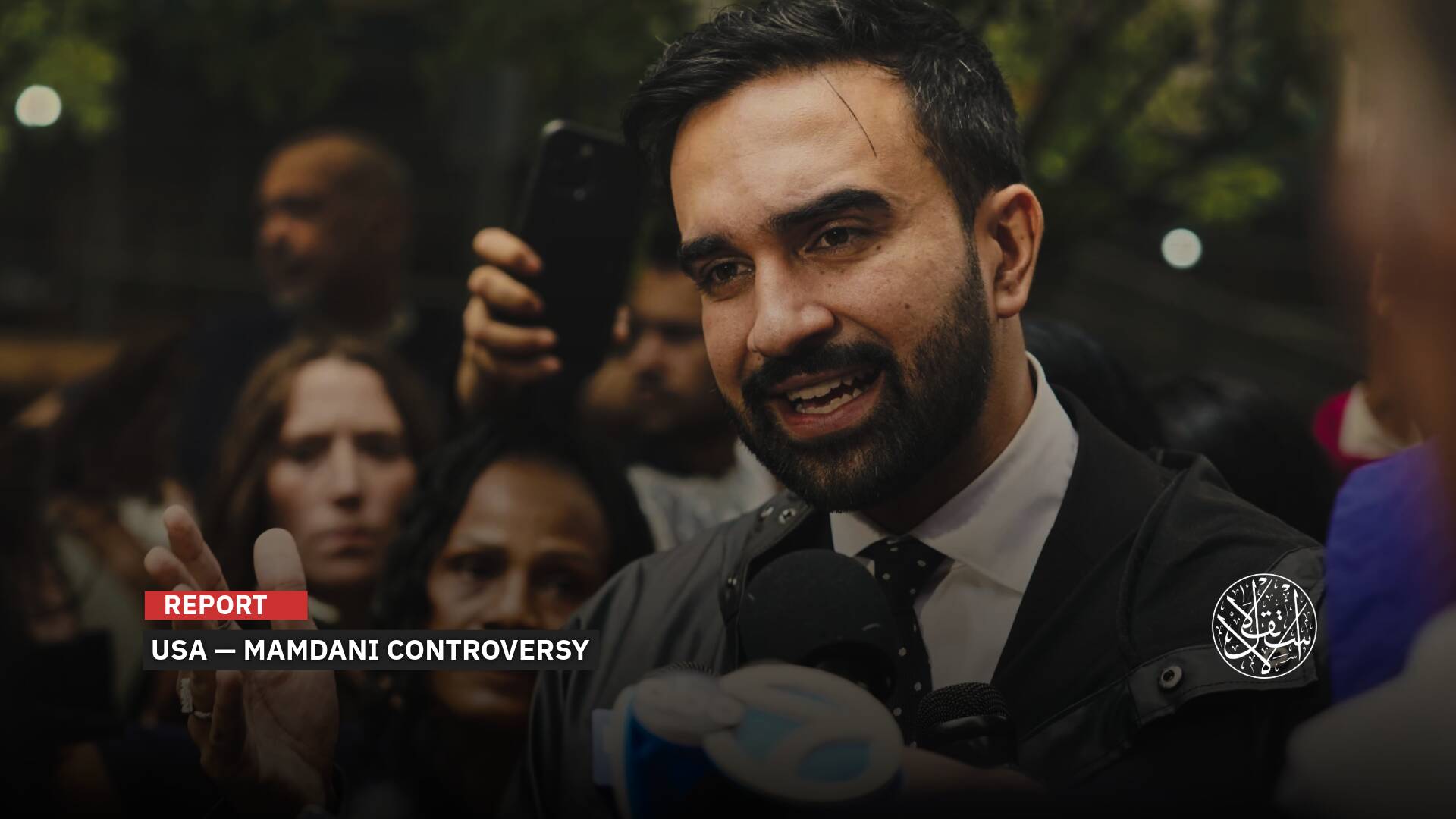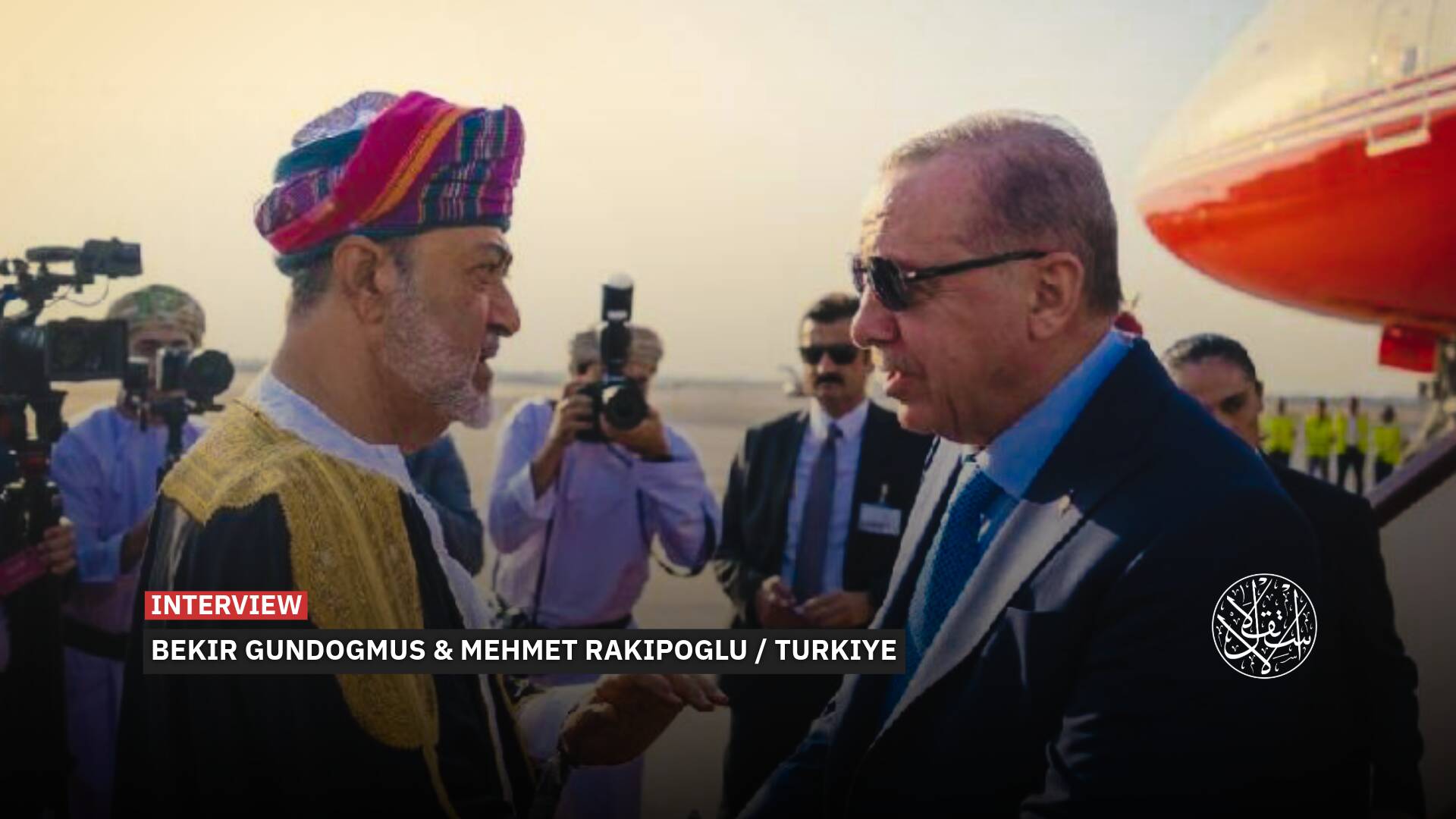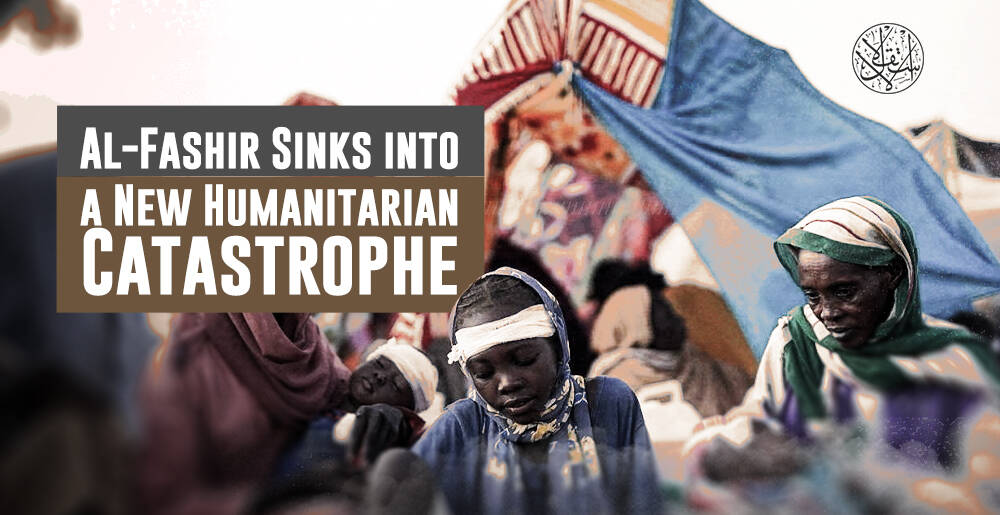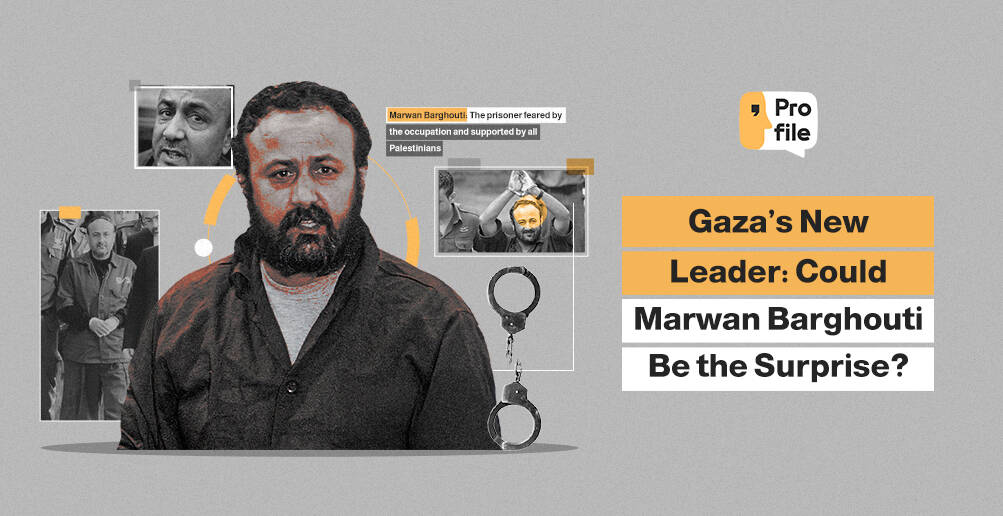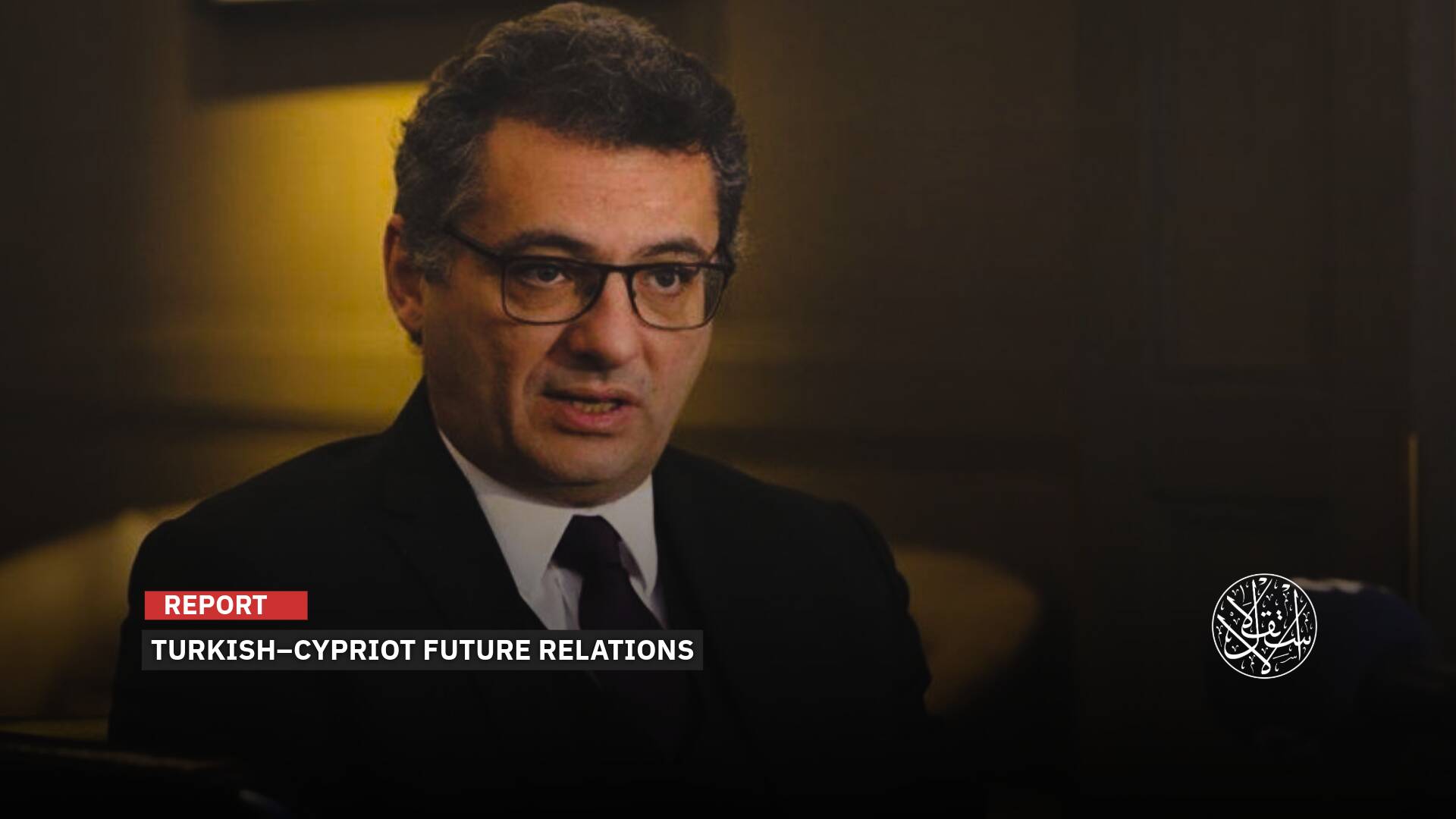The 12-Minute War: Why Didn't Iran Display Its Ferocity Against 'Israel' as It Did in Syria?

"We can call it, as the English say in their literature, the 'farce of war.'"
The ongoing confrontations between Iran and "Israel" have become prominent on the international stage, with three successive military strikes occurring within a few days. It started with the targeting of the Tehran embassy compound in Damascus, followed by Iran's limited retaliation in "Israel," and then the Israeli Occupation's more constrained response in Isfahan.
On April 18, 2024, U.S. officials reported that "Israel" launched a limited military strike against the Isfahan region in Iran, appearing to be a retaliatory move, but resulting in no significant losses.
However, the significance of the attack was substantial, as it carried a message that "Israel" could retaliate, particularly as the strike occurred near an Iranian nuclear facility in the area.
Returning to the night of April 14, 2024, the world turned its attention to "Israel," awaiting Iran's response to the bombing of the Tehran embassy compound in Syria and the assassination of elite members of the Islamic Revolutionary Guard Corps' Quds Force, including General Mohammad Reza Zahedi, among others.
Indeed, the Iranian retaliation came as informed to the United States, with the Israeli Occupation Forces spokesperson announcing that the attack involved 170 drones and 30 cruise missiles, none of which entered Israeli territory, along with 110 ballistic missiles, with a small number reaching "Israel."
It was stated that 99% of incoming missiles were intercepted either outside Israeli airspace or above "Israel," with the casualty toll being "zero."
Thus, the Iranian retaliation passed without significant material losses, as did Israeli recent response in Isfahan, albeit the only moral loss being that, for the first time in decades, Israeli territory was targeted by another state.
The question remains amidst ongoing controversy about the feasibility and nature of Iranian and Israeli responses: were they appropriate? Is Iran genuinely committed to its threats against "Israel?" Does "Israel" seek to expand the war towards Tehran? And did Iranian strikes into Israeli territory benefit Gaza, the resistance, or even Iran itself?
Here, many recall the nature of wars and invoke Iran's continued involvement in Syria for over a decade, noting how it fiercely fought there, something that has never occurred against "Israel" at any stage.
As for the Israeli Occupation's wars and their severity, we witness it daily in Gaza in terms of casualties and the material losses that have rendered the strip destitute.
Syria Exposed Them
Comparing Iranian strikes in "Israel" and Syria, one is reminded of September 2011, when Iranian Supreme Leader Ali Khamenei declared what he termed "jihad" to support the Syrian army and Bashar al-Assad's regime.
Then, in May 2012, Qasem Soleimani, the commander of the Iranian Quds Force, announced in an interview with Iran News agency that his country had provided combat forces to support Syrian military operations.
On October 2, 2015, The Wall Street Journal published a report confirming the presence of over 7,000 fighters from the Iranian Revolutionary Guard inside Syria to support the Assad regime.
That situation manifested itself on December 22, 2016, in Aleppo province, when Aleppo was akin to the remnants of a city, much like Gaza today, with residents standing in long lines awaiting crumbs of bread, and children turned into skeletal figures due to prolonged hunger.
At that time, tanks and armored vehicles moved, followed by the footsteps of soldiers from the Iranian Revolutionary Guard and their allies from Bashar al-Assad's army and Hezbollah.
On that date and in that place, Iran wrote the final chapters of the bloody battle of Aleppo after 4 years, 5 months, and 3 days.
They used every tool to subjugate the city, from barrel bombs and phosphorus bombs to incendiary shells, killing with the assistance of Russia and the Syrian regime nearly 40,000 residents of Aleppo, not to mention their role in other Syrian cities.

Even on February 17, 2022, human rights lawyers submitted requests to the International Criminal Court to initiate an investigation into Iran's role and its militias in Syria, accusing them of committing war crimes.
The Washington Times published a report on January 10, 2020, in which it conveyed photos of Qasem Soleimani inspecting Aleppo.
It added that the Quds Force led by Soleimani assisted Russian forces in indiscriminately shelling civilians in the eastern neighborhoods of Aleppo.
It further stated that the UN High Commissioner for Human Rights, Zeid Ra'ad Al Hussein, spoke to the newspaper about massacres committed by Russia, Iran, and the Syrian government in the city, likening it to a "slaughterhouse," pointing out children who perished under the rubble and deliberately targeted pregnant women.
Interestingly, Soleimani himself was killed by a U.S. airstrike targeting a convoy near Baghdad International Airport. He was the commander of the Quds Force, responsible for external operations in the Iranian Revolutionary Guard, including in Syria. However, Iran did not avenge Soleimani's killing, nor could it retaliate for the killing of its soldiers by "Israel."
Falling into the Trap
In this context, Dr. Khalil al-Anani, a professor of political science, wrote in a post on his Facebook account that Netanyahu set a trap for Iran by targeting its consulate on April 1, and Tehran swallowed the bait, attacking "Israel" without real losses.
"Thus, Netanyahu succeeded in temporarily diverting the world's attention away from his crimes in Gaza and alleviating international pressure on him, especially after targeting workers at the Central World Kitchen, restoring his country's image as a victim, albeit temporarily, in the eyes of the global public opinion, regaining Western support, and consolidating (Arab) support for Israel, in addition to consolidating his extremist fascist government.
"Netanyahu manipulated everyone and is the primary winner of what is happening," he concluded.
This was confirmed by The Wall Street Journal on April 15 when it stated that White House officials, who were eagerly awaiting the Iranian attack on Friday night, were pleased on Sunday afternoon, describing the outcome as a "stunning defeat" for an unprecedented Iranian attack.
A senior official said that "Israel" and its partners destroyed 99 percent of the weapons launched in the attack, without any actual damage to Israeli infrastructure at all.

Britt MacGregor, the Middle East affairs official at the U.S. National Security Council stated in an interview that Iran's attack was the worst-case scenario, but it was the best scenario in terms of outcome for "Israel."
MacGregor was one of the senior officials who worked closely with President Joe Biden during what officials described as a nerve-wracking 12-minute period when ballistic missiles were on their way to targets in "Israel," and no one knew if the defenses would hold.
On April 15, American journalist David Ignatius wrote an article for The Washington Post titled A stunning victory with the shield creates an opening for Israel.
"After six frustrating months in Gaza, Israel finally won a decisive victory against its adversaries by blunting Iran's all-out missile attack Saturday night with an astonishing display of high-tech military prowess," he said.
"'A good defense is the best offense' is a truism in sports. Israel demonstrated that this precept might apply to modern warfare, as well. In neutering an Iranian barrage — which included more than 100 ballistic missiles, 150 drones and 30 cruise missiles — Israel showed that in combat, the shield can be as powerful as the sword."

'Farce of War'
Dr. Ali Nouri, the director of the Arab-Iranian Studies Center, believes that "the Iranian strike directed at Israel was limited and precisely calculated, as Tehran adhered to all the rules of warfare and natural confrontation in this strike."
He told Al-Estiklal, "The Iranian armed forces abandoned the element of surprise and, furthermore, issued a warning to their adversaries. Then they chose a quiet time in the middle of the night, and finally delivered a centralized and rapid strike that was quickly extinguished.
"The strike ended without bloodshed or significant losses. If we compare it to Iran's role in Syria specifically, we find that it supported Assad and committed horrific crimes in Aleppo, Damascus countryside, Idlib, ar-Raqqah, and elsewhere, leaving thousands dead. However, its war in Israel can be aptly described, as the English say in their literature, 'The Farce of War.'"
Nevertheless, Nouri pointed out that Israeli Occupation's precise targeting of high-ranking Iranian military leaders with such accuracy, location, and appropriate timing sends a message about the extent of the intelligence and operational capabilities it wanted to convey to its adversaries.
This is incidentally something it couldn't achieve in Gaza for 6 months. Even Hamas leaders who were assassinated were killed in a large and indiscriminate bombardment, not in targeted operations.
Nouri concluded his remarks by expressing that he does not believe what happened constitutes a prelude to a wide-scale war, but rather falls within the framework of ongoing skirmishes. He also stated that Iran will never risk engaging in any kind of confrontation with "Israel."


